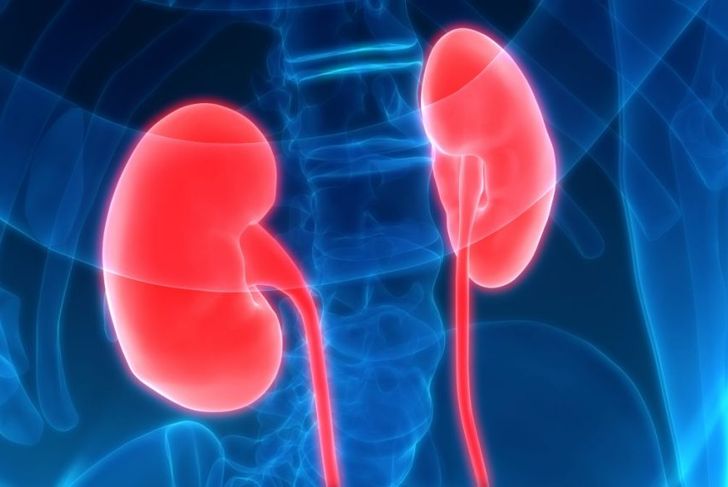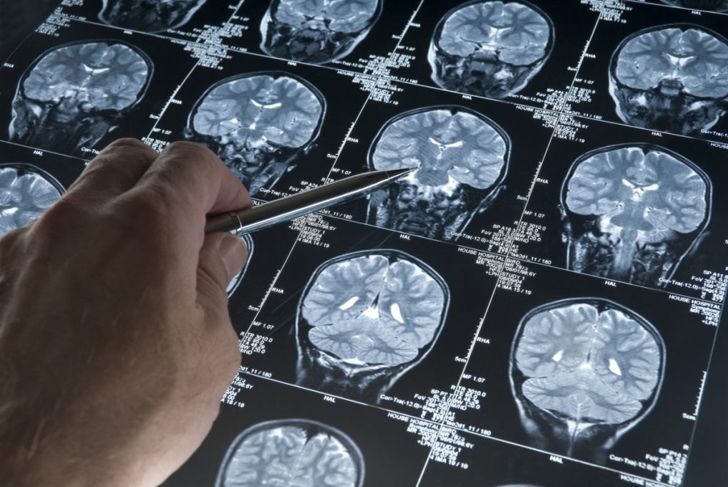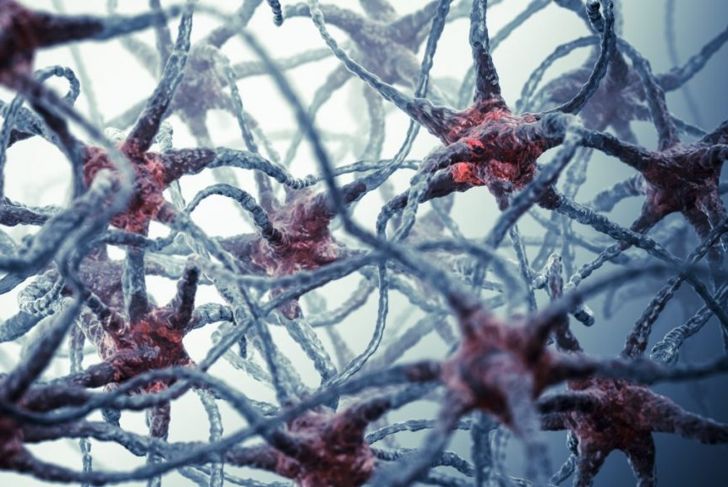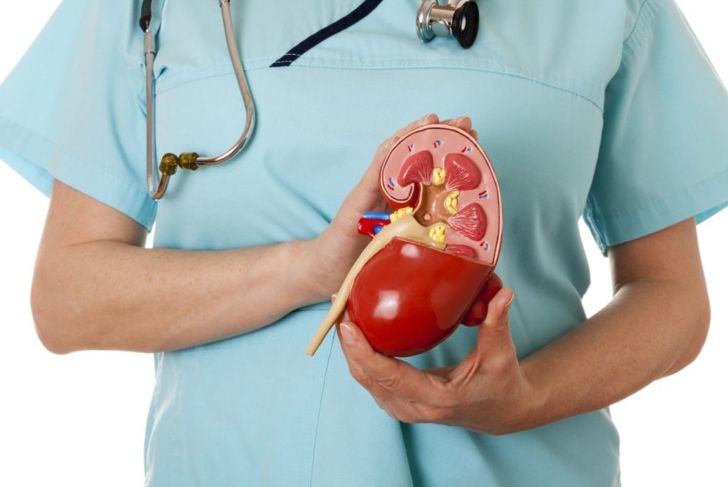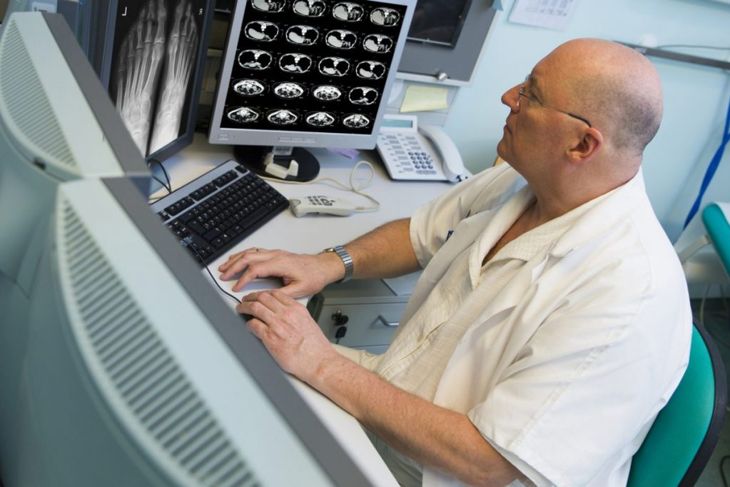Lithium is a soft, silvery-white alkali metal. Like all of the alkali metals, it is highly reactive. Most people are aware of lithium’s industrial uses in batteries or as a flux additive for other metals, but fewer know about its use as a medication. Lithium is one of the more common treatments for bipolar disorder, but due to its narrow therapeutic index, even slight miscalculations in dosage, or unexpected complications in the patient’s body, can lead to lithium poisoning.
Cause
Most cases of lithium poisoning are the result of accidental overdoses during chronic therapy, and two events generally precipitate them. The first is volume depletion. Extracellular fluid describes any fluid outside the cells. When extracellular fluid levels drop as a result of salt and fluid losses consistently exceeding intake, an individual develops volume depletion. The second event is renal insufficiency, which refers to kidneys that, while functioning, do not operate as well as they should.
Acute Poisoning
When lithium poisoning does occur, it falls into one of three categories: acute, chronic, or acute-on-chronic. Acute poisoning is generally the result of a single instance of lithium overdose, without prior exposure to the metal. Typically, acute lithium toxicity has a significantly better prognosis than chronic or acute-on-chronic poisoning. Acute poisoning has a significantly lower risk of symptoms because the lithium has not had the opportunity to accumulate in tissues such as the brain.
Acute Poisoning Symptoms
Lithium poisoning can have a variety of symptoms and can manifest in various ways. It is possible for a person with low levels of lithium poisoning to be entirely asymptomatic. The most common symptoms of acute lithium poisoning are nausea, vomiting, dizziness, and stomach pain. However, if a person ingests a significant amount of lithium, they may show signs of neurotoxicity, including confusion, seizures, and incoordination.
Chronic Poisoning
Consistent ingestion of excess levels of lithium results in chronic poisoning, which has the highest risk of neurotoxicity. This can occur relatively easily, even when following exact dosage measurements because many factors affect how the body handles lithium. Volume depletion and renal insufficiency could both prevent the body from properly filtering the metal. If this is the case, a prescription amount that was previously optimal could easily reach overdose levels.
Chronic Poisoning Symptoms
Neurons are the cells in the brain responsible for transmitting and processing signals through the nervous system. Chronic lithium poisoning and high levels of lithium can disrupt or even kill neurons, causing neurological issues. Affected individuals may develop involuntary muscle contractions and tremors, or hyperreflexia, hyperreactive or overresponsive reflexes causing twitching. Slurred speech and involuntary eye movements are also common. In extreme cases of chronic poisoning, a person can develop memory problems.
Acute-on-Chronic Poisoning
During lithium treatments, an individual with a history of proper lithium treatments may heavily overdose a single time. This is acute-on-chronic poisoning. The risk for neurotoxicity is higher with acute-on-chronic poisoning compared to acute poisoning because of the presence of lithium already in the body. However, because the patient has not consistently overdosed, the symptoms are less severe than with chronic poisoning. Acute-on-chronic poisoning may cause symptoms of both acute and chronic poisoning.
Long-Term Complications and Symptoms
Some people with lithium poisoning and neurotoxicity never fully recover. This can lead to a number of symptoms and neurological deficits that last for a significant period following treatment. Many physicians refer to this group of symptoms as “syndrome of irreversible lithium-effectuated neurotoxicity” or SILENT. Symptoms include diminished attention spans, impaired memory, and an inability to swallow. Some develop ataxia, which affects muscle movement coordination. Renal conditions such as tubulointerstitial nephritis, which leads to kidney failure, can also result.
Diagnosis
Physicians can diagnose lithium toxicity using blood glucose monitoring systems to determine if the lithium is reducing blood glucose levels. A basic metabolic panel, a series of seven or eight blood tests, is one of the most common lab tests available and examines sodium, potassium, chloride, and bicarbonate levels as well as blood urea nitrogen, creatinine, and glucose. These levels may hint at a lithium imbalance or directly show signs of lithium poisoning.
Gastric Lavage
There are several treatment options available for patients with lithium poisoning. Generally, if the poisoning isn’t severe, a physician will reduce the amount of lithium during treatments. However, higher levels of lithium require more serious methods. Gastric lavage is one of the more popular methods of treating acute and acute-on-chronic lithium poisoning. Many people know gastric lavage as stomach pumping. A technician inserts a tube through the nose or mouth into the stomach. This tube then removes small volumes of liquid from the stomach until the lithium is gone.
Dialysis
If lithium poisoning is significant enough, a nephrologist may use dialysis to purify the blood. A special fluid flows through and bathes the filter of an artificial kidney. The patient’s blood then passes through the filter and foreign particles and materials transfer into the dialysis fluid. This can prevent lithium accumulations in the brain and can somewhat reverse renal damage and promote recovery.

 Home
Home Health
Health Diet & Nutrition
Diet & Nutrition Living Well
Living Well More
More